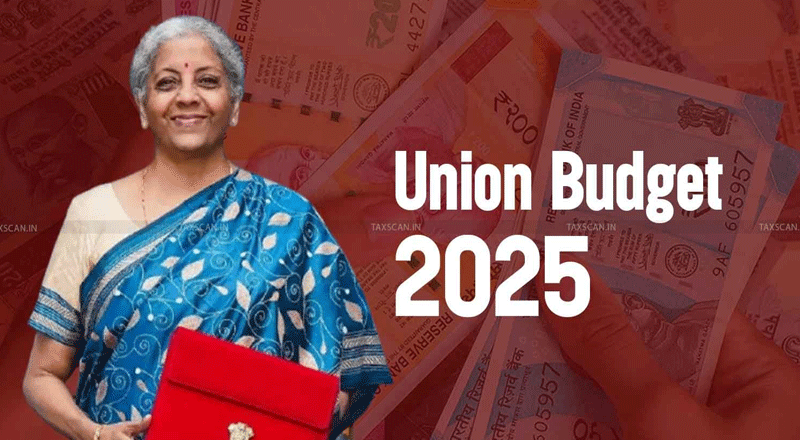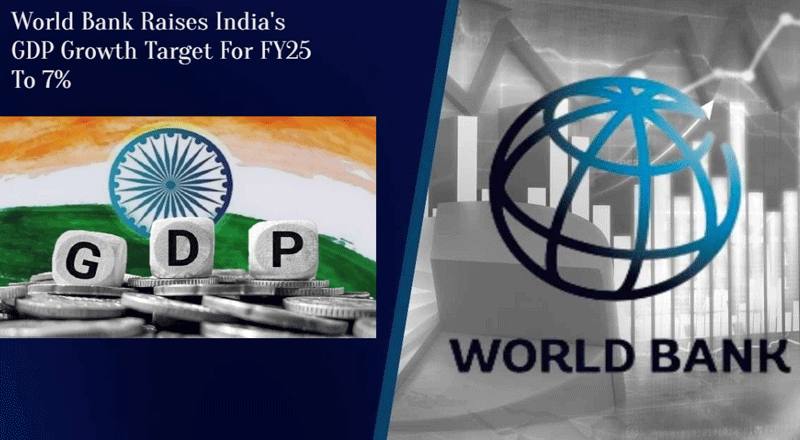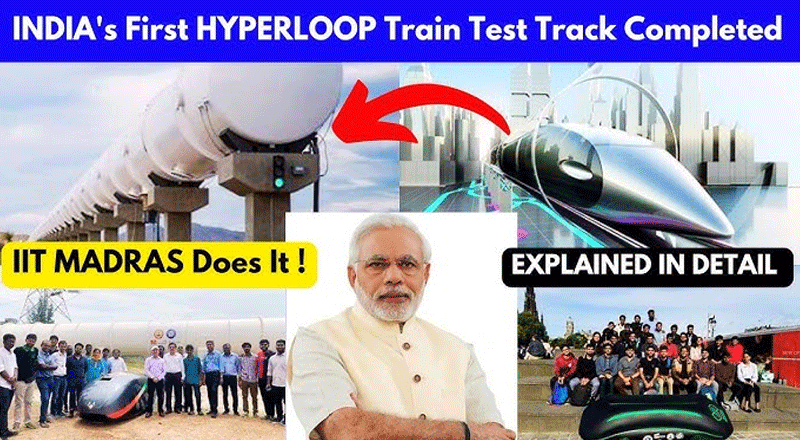As the finance minister prepares to present the Union Budget for the financial year 2025-26 on February 1, expectations are running high across various sectors. The middle-class population is particularly hopeful for tax relief, with demands for an increase in the basic exemption limit, revisions to tax slabs, and enhanced deductions under various sections of the Income Tax Act. Additionally, industries such as IT, hospitality, and infrastructure are looking for policy support to drive growth.
Expected Income Tax Benefits
Basic Exemption Limit Increase
One of the most anticipated announcements is the increase in the basic exemption limit from ₹3 lakh to ₹5 lakh. If implemented, this move would significantly reduce tax liability for low- and middle-income individuals, providing financial relief to millions of salaried workers and pensioners.
Revision of Tax Slabs
There is speculation about the introduction of a 25% tax slab for individuals earning between ₹15 lakh and ₹20 lakh annually. Additionally, there are talks of exempting income up to ₹10 lakh from taxation, which would enhance disposable income and boost consumer spending. The standard deduction for salaried employees and pensioners may also see an increase from ₹75,000 to ₹1 lakh, further easing the tax burden.
Tax Rebate under Section 87A
To benefit the lower-income group, the government may raise the tax rebate limit under Section 87A to ₹7 lakh, ensuring that individuals earning up to this threshold pay no income tax. Additional deductions under Section 80C (for investments) and Section 80D (for health insurance) could also be enhanced to encourage savings and financial security.
Simplification of TDS Provisions
A major reform expected in the budget is the simplification of Tax Deducted at Source (TDS) provisions. The government may introduce a streamlined schedule of rates and remove the requirement for TDS/TCS certificates, reducing compliance burdens for businesses and individuals.
Sectoral Expectations
Infrastructure and Real Estate
The real estate and infrastructure sectors are seeking innovative funding mechanisms such as tax-free bonds and tax-paid bonds to lower financing costs. These measures could accelerate the completion of stalled projects and promote urban development.
Hospitality and Tourism
India’s hospitality sector is urging the government to grant infrastructure status, rationalize tax rates, and simplify visa procedures to boost tourism. State-level incentives are also being requested to promote investment in the sector.
IT and Startups
The IT industry, represented by NASSCOM, has outlined several key demands. These include:
- Expanding the scope for utilizing SEZ reinvestment reserves to support the technology sector.
- Addressing concerns under the transfer-pricing regime to improve ease of doing business.
- Extending the deferment of tax on Employee Stock Option Plans (ESOPs) to employees of all DPIIT-recognized startups.
- Strengthening access to patient capital (long-term investment) for deeptech startups.
- Creating a dedicated deeptech fund structured with a 10-year investment horizon.
- Establishing a common grant framework for early-stage deeptech projects, with Proof-of-Concept grants of at least ₹2 crore and prototype validation grants of ₹3 crore.
The Union Budget 2025 presents an opportunity for the government to address critical economic challenges while providing much-needed relief to taxpayers. The proposed tax reforms could alleviate financial stress for the middle class, while targeted incentives for industries such as IT, hospitality, and infrastructure could drive economic growth. As anticipation builds, stakeholders across the economy are hopeful that the upcoming budget will strike a balance between fiscal prudence and developmental priorities, fostering a prosperous economic future for India.
(With inputs from the agencies)





